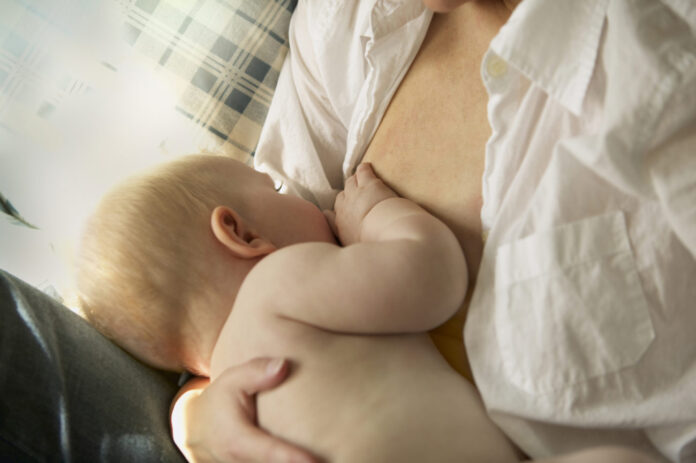Being pregnant and positive for COVID-19 carries higher health risks than for non-pregnant COVID-19 patients, according to a health official who offered advice and guidelines for mothers to follow.
Regardless of COVID-19, pregnant women should continue with their prenatal care, according to Dr. Andrea Contreras, an OB-GYN resident at the University of Texas Rio Grande Valley.
Contreras gave an overview of advice for individuals dealing with pregnancy in the age of COVID-19 during a weekly news conference call held Friday by the Department of State Health Services.
“They should still be going to see their doctor,” Contreras said, though she urged them to take precautions.
Contreras recommended they see their doctors via telehealth as much as possible to minimize in-person visits to mitigate the community spread of the coronavirus disease.
“And when patients are seen in a clinic, (to make sure) they are following protocols to minimize the risk of exposure and spread,” she said.
An example of one of those protocols, she said, was waiting in their car instead of in waiting rooms.
On top of that general advice, she addressed some burning questions about how COVID-19 can affect infants.
“I think one of the biggest questions is: Does COVID-19 harm the baby?” Contreras said.
Currently, there’s not enough data on the first and second trimesters of COVID-19 infection and the outcome of that.
However, she said data obtained on SARS, which is a virus from the same coronavirus paneling, is “reassuring” as it indicates there is no increased risk of fetal loss, though there may be an increased risk of adverse pregnancy outcomes such as preterm birth.
As to the pregnant individual, Contreras said that person does have an increased risk for severe illness over non-pregnant individuals.
She added that recent data from the Centers for Disease Control and Prevention showed that pregnant women with COVID-19 are more likely to be hospitalized, are at an increased risk for ICU admission, and at greater risk to be placed on mechanical ventilation.
“The same data shows that pregnant Black and Hispanic patients are disproportionately affected similarly as to the general population,” Contreras said.
If a mom tests positive for the disease but is then released from isolation, they’re advised to continue following safety protocols.
“We do not know how long immunity lasts after the initial infection so it’s important that they wear a mask, stay home as much as possible and really try to minimize any contact with other people and that the family members that live within the same household do the same,” Contreras said. “For pregnant women, prevention via social distancing, mask use, face shields, hand hygiene and quarantine is important.”
She also addressed post-pregnancy, specifically whether a COVID-19 positive mother should breastfeed.
Contreras said they should, citing the CDC, the World Health Organization and other governing healthcare bodies.
“The virus has not been detected in breast milk in the limited studies done with COVID-19 and studies done in other coronavirus infections such as SARS have also not detected any of the viruses in the milk,” she said.
But whether a mom should direct breastfeed or pump is a decision that should be left up to each individual.
“That decision should be made with their healthcare provider,” Contreras said. “Some of the factors that go into making that decision include the clinical status of mom, the clinical status of the baby, the living conditions — do they live by themselves, do they live with other people — and their personal choice.”
If mothers are feeding their babies direct breast milk, and regardless of their COVID-19 status, Contreras urged mothers to follow the three Ws.
“Wear a mask during feeding or while pumping; wash your hands before and after touching the baby or the pump; and you want to wipe and disinfect surfaces regularly,” she said.




